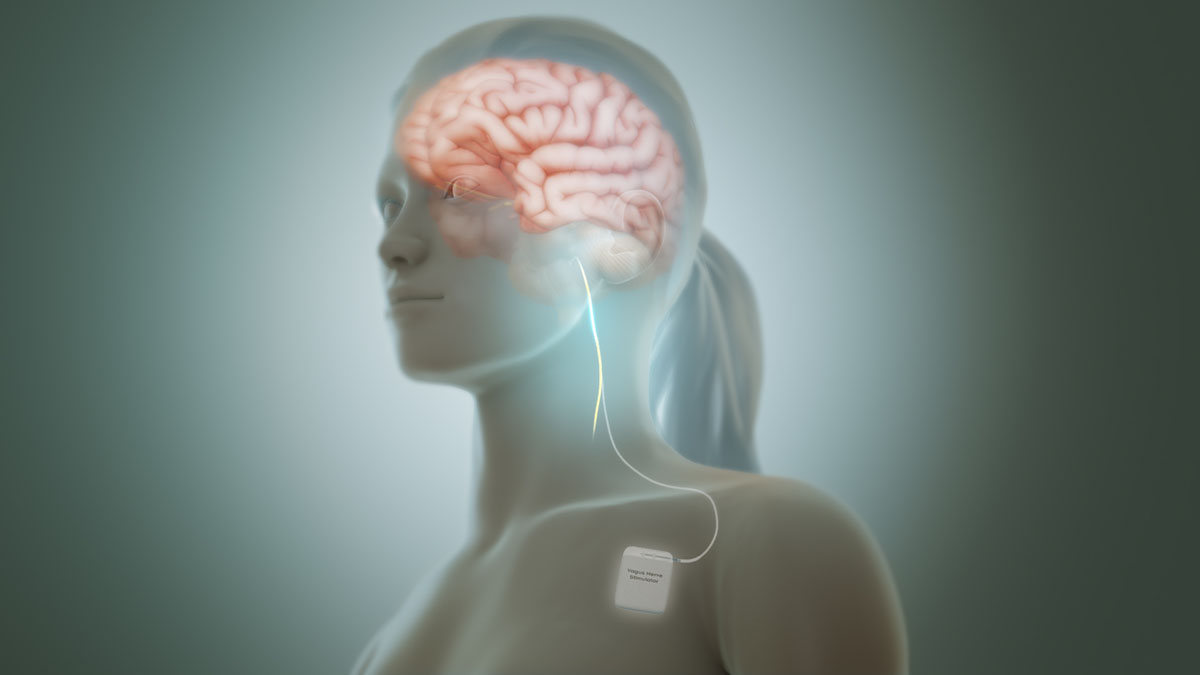
Having a trapped nerve is an inconvenient and often very painful experience affecting much of the population. A pinched nerve as it is otherwise called, describes a condition of having a nerve compressed by a bone, cartilage, muscles or other tissues somewhere in your body. When the nerve is under additional pressure from the surrounding tissue, it becomes inflamed and irritated and so the symptoms began to manifest. The usual indication of having a nerve trapped is a persistent sense of numbness or a complete lack of sensation in regions where the nerve passes, and this is also followed by sharp and burning pain. Other symptoms include weakness in certain parts or a tingling feeling in the affected parts. The result of this is that pain can be felt in every part of the body from the beginning of the nerve in the spinal cord up to its end which could be in an arms and hands, or legs and feet. This kind of transmitted pain is called referred pain. There is a disease called sciatica, which occurs when a nerve is trapped in the back or the hip region.
Some nerves have a greater chance of getting trapped because they pass through parts of the neck, shoulder, back, legs, wrists an other sensitive places. There is also the condition of a herniated disc when a nerve gets trapped in the back by spinal cords pressing on it. A nerve can become trapped in the lower parts of the neck due to bad body posture. One can also get trapped in the shoulder when arms are over strained. An injury to the leg muscles or bad blood circulation can lead to a trapped nerve in the leg. Pinched nerves in feet and wrists are caused by arthritis, when the joints swell and press on the nerves. Growths of tumors or bone spurs can also affect the nerves and pinch them. Other infections and fracture can also cause nerve entrapment.
The most important thing to do when you have a trapped nerve somewhere is rest that part of the body and apply heat and cold pack alternatively to relieve pain and inflammation. Pain killers and muscle relaxers could also be prescribed if the pain is too great. However, if the pain does not cease within a month or two, further tests like an MRI scan and a blood test, need to be done to check for the presence of more serious illnesses. Surgery is an option for more persistent muscle entrapment and provides fast relief. Physical therapy and acupuncture have proven to be very useful in dealing with trapped nerves. The best way to protect yourself from having a trapped nerve is to lead a healthy lifestyle, do physical exercises and maintain a good body posture.


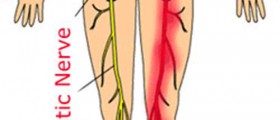



-Causes,-Symptoms,-Diagnosis,-Treatment_f_280x120.jpg)


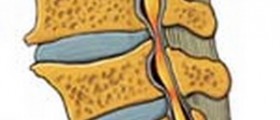

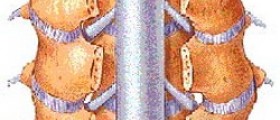
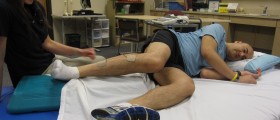



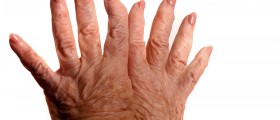
Your thoughts on this
Loading...